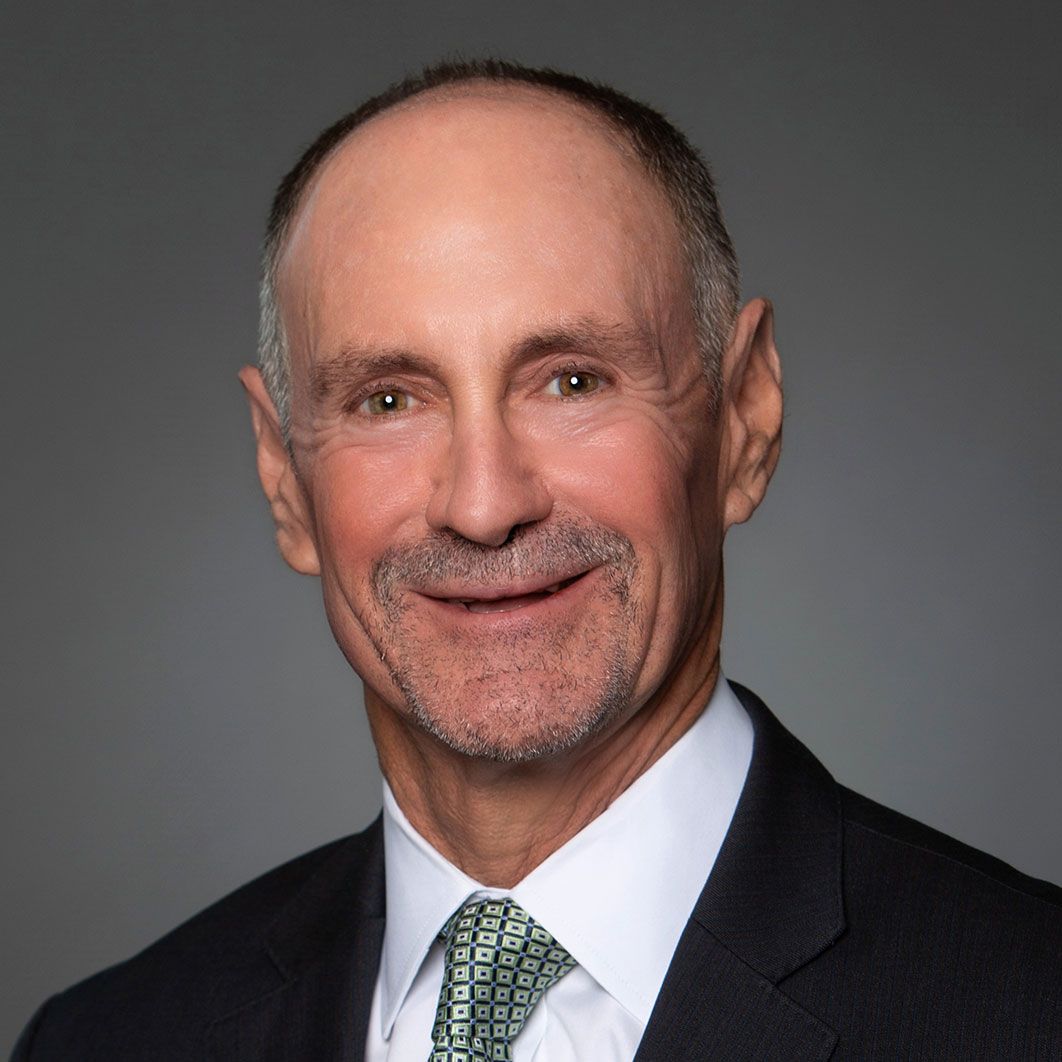To improve health equity, ‘look at your own data’
Lawrence Moss, CEO of Nemours Children's Health, says hospitals need to understand the areas where certain groups of patients are having worse outcomes.
Lawrence Moss, president and CEO of Nemours Children's Health, says hospitals should examine their data to find disparities in outcomes. (Image: Nemours)

It all starts with data.
Hospitals and health systems have routinely named improving health equity as one of their leading goals. Lawrence Moss, CEO of Nemours Children’s Health, says it’s critical for hospitals to look at their own patient data to find if certain groups are having worse outcomes.
In an interview with Chief Healthcare Executive®, Moss shares his own thoughts on how hospitals can make progress toward health equity.
“It starts with examining, accepting and acting on their own data,” Moss says.
Hospitals can look at certain key metrics and examine outcomes by racial groups, he says. To start, health systems could look at data on infection rates or asthma readmission rates stratified by rates, or other significant issues in their communities. Some health systems haven’t measured data in such a way, he says.
“So the first thing that any system can do at relatively low cost, and I want to say no cost, but at relatively low cost, is decide to look at their own data,” Moss says. “And once that data sees the light of day, people can't help but do something about it.”
Hospitals and health systems, especially those with more modest resources, don’t have to try and tackle every problem area immediately, Moss says. Hospitals could look at one specific area to focus on and try to make some progress.
“There is a huge halo effect of almost whatever metric you pick, because changing that metric requires a cultural change that has a halo effect of positive influence across the health system,” Moss says.
“To me, I don't care which one you pick,” he adds. “Just get started. Measure it, report it, be transparent about it to your staff. And I would argue, be transparent about it to the public and to your community. And change is going to happen.”
Nemours has been focused on closing disparities affecting disadvantaged groups.
In 2022, Nemours launched the Ginsburg Institute for Health Equity at Nemours Children's Health. Philanthropist Alan H. Ginsburg and the Ginsburg Family Foundation donated $25 million to Nemours to launch the foundation. He says the institute wants to explore ways to help hospitals improve health equity in their communities.
Moss spoke enthusiastically about the institute and its potential to offer insights on raising care for all. The institute plans to leverage the expertise of pediatric specialists, health services researchers, environmental health experts and data informaticists.
“We hope the institute will help systems and help them determine the best way with limited resources to address health equity issues,” Moss says.
- Read more: Health equity 'can’t be a side hustle'
Moss has been on a campaign to promote greater investments in the health of children, saying that it’s the best long-term strategy for improving public health. He emphasizes the need to focus on addressing social determinants of health, such as food insecurity and education, to give children better opportunities to grow into healthy adults.
“It’s unequivocally proven by fact, a child that gets three healthy meals a day will perform better in school, be more likely to graduate from high school, be more likely to graduate from college and generate way more economic productivity for a lifetime than a child who doesn't,” he says.
But he says it’s impossible to talk about improving the health of children without addressing the disparities in care and outcomes among minority groups and other underserved communities.
“There can be no health without health equity,” Moss says. “Health inequity is such a pervasive and significant part of the core of poor health in our country. We can't ignore it.”
Newsletter
Get the latest hospital leadership news and strategies with Chief Healthcare Executive, delivering expert insights on policy, innovation, and executive decision-making.